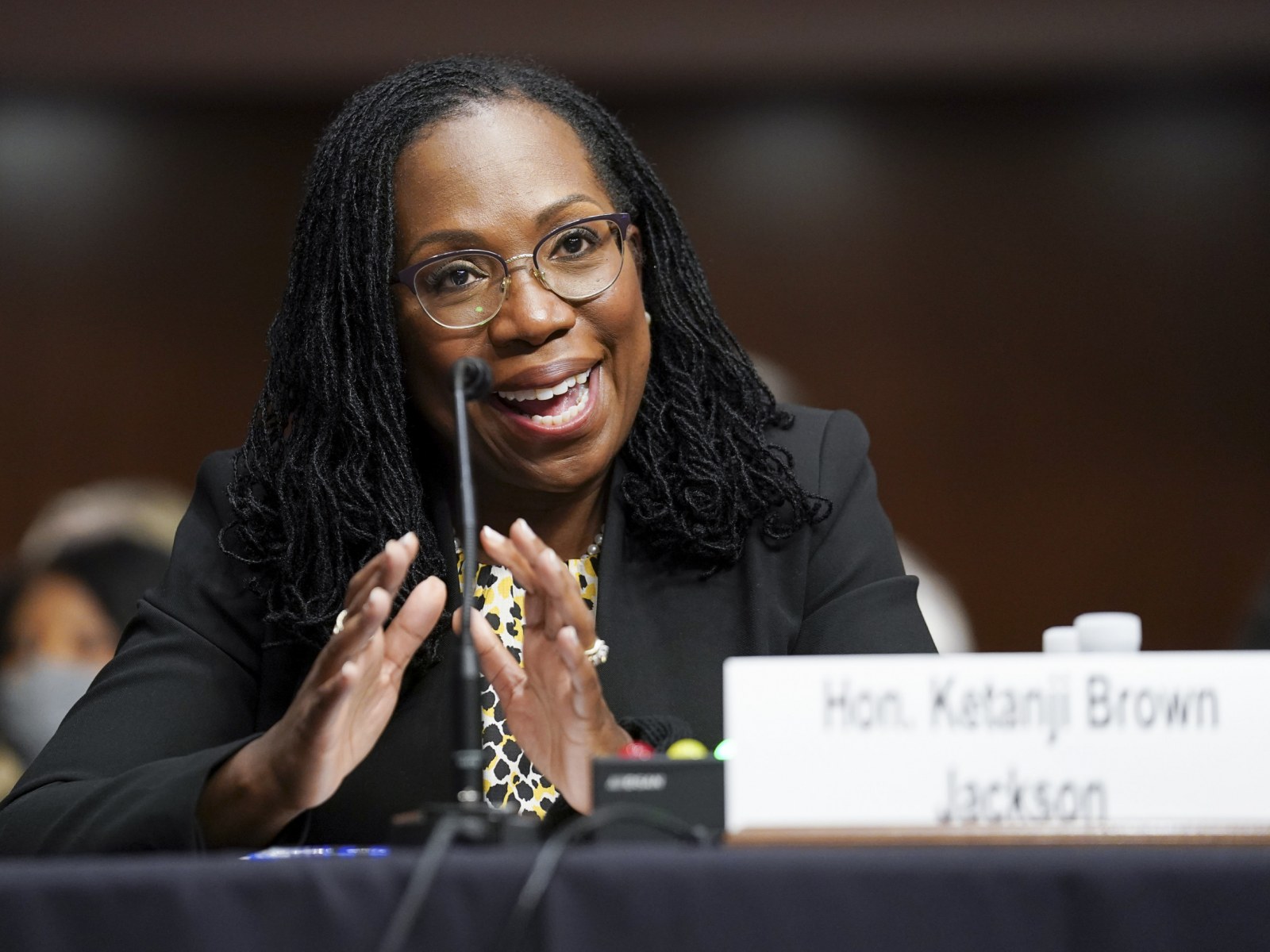
Judge Ketanji Brown Jackson is one of the leading candidates up for succeeding Justice Breyer. Here’s all you need to know about Judge Jackson.
Who is Judge Ketanji Brown Jackson?
Ketanji Brown Jackson aged 51 is a successful judge who might become the first black woman in the Supreme Court. Last year, she successfully went through the Senate’s confirmation process. Following the Senate confirmation, she was elevated to the US Court of Appeals for the District of Columbia Circuit. Before the move, she was in the US District Court in the District of Columbia. Judge Jackson got all 50 Democratic senators and three votes from the Republicans. Moreover, she had clerked for Breyer in 1999-2000 during his term at the Supreme court.
Born in Washington DC, Ketanji Brown Jackson grew up in Miami and is a graduate of the prestigious Harvard Law School. Throughout her career, she has worked several legal jobs. She was a member of the US Sentencing Commission between 2005 to 2007 as an assistant federal public defender. In 2012, she was appointed by President Obama and started serving as a district court judge in Washington DC.
Judge Ketanji Brown: More about her work
In the span of eight and a half years on the US District Court bench, Jackson handled several challenges. She took executive actions, raising several administrating law queries. She heard cases, attracting major political attention. One of them was the 2019 ruling that Donald McGahn had to obey a congressional subpoena that was seeking his testimony over President Trump’s effort for obstructing the Russia investigation. McGahn was the former White House counsel to the then president, Donald Trump. She ultimately ruled against Trump.
Recently last year, Ketanji Brown Jackson was a part of a three-judge panel responsible for hearing Trump’s challenge to a congressional subpoena on the Capitol riot. The team took less than a month to call a ruling and see the documents. The Supreme court however later confirmed the outcome. Judge Jackson’s handling of high-profile cases is attuned to the real-world consequences of delay in the judiciary.
